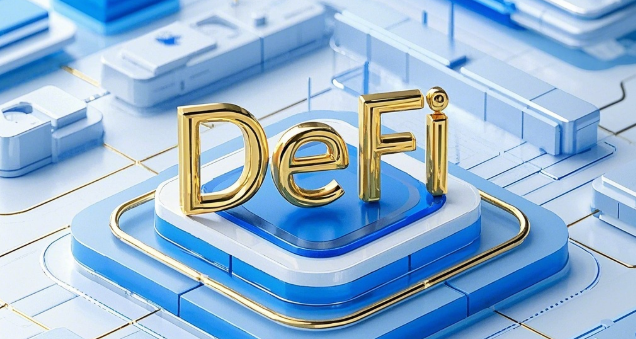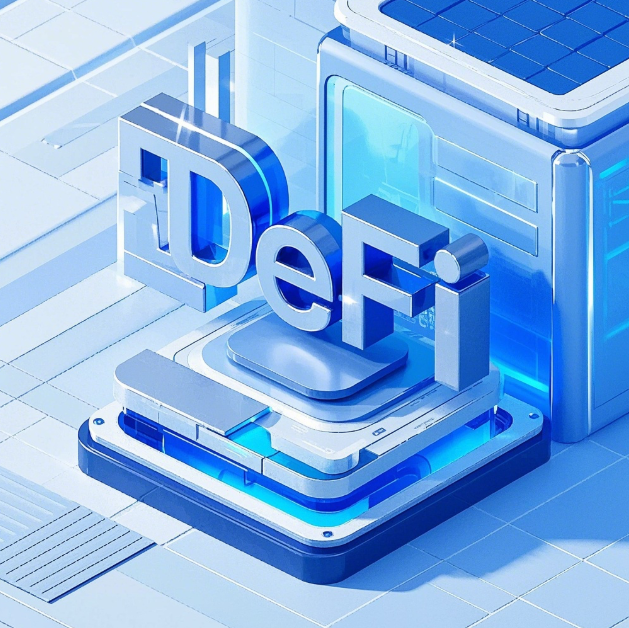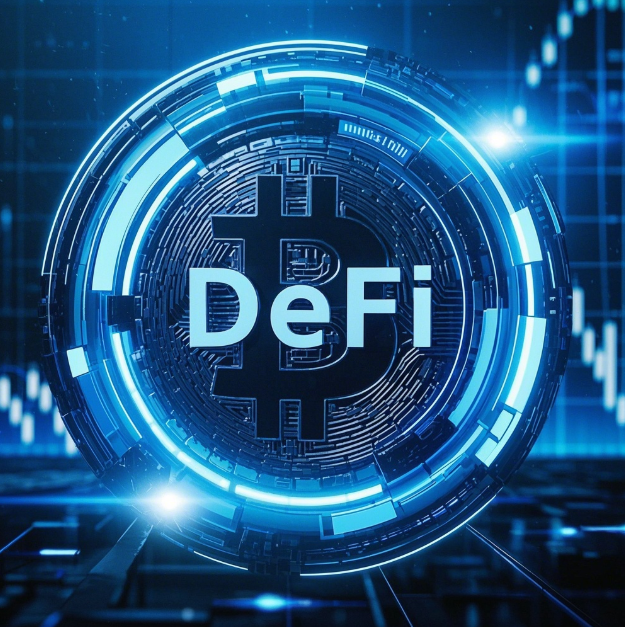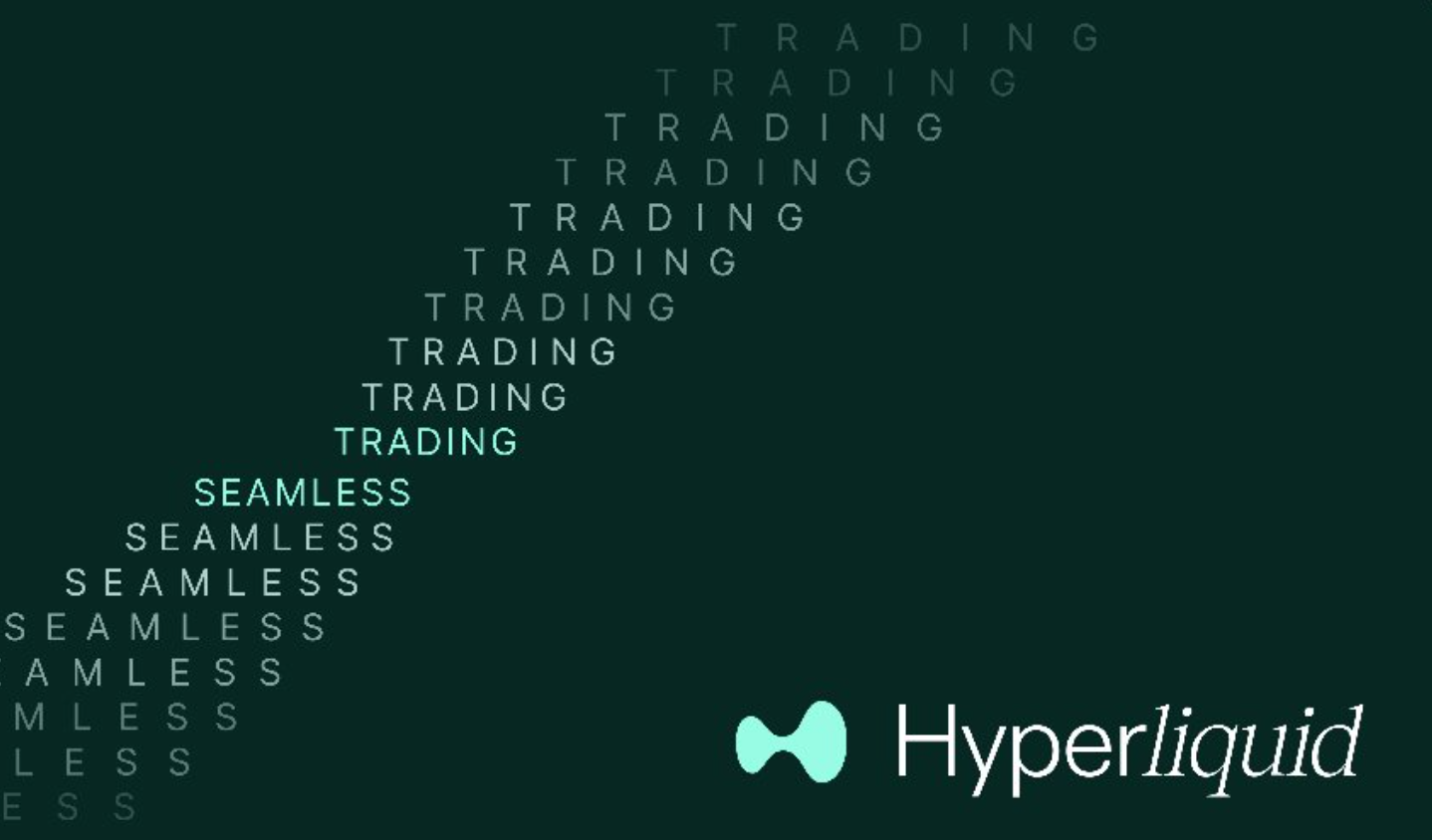As Bitcoin and other cryptocurrencies become increasingly popular worldwide, decentralized finance (DeFi) has emerged as a trending phenomenon that draws more and more investors and enthusiasts. DeFi platforms utilize smart contracts to provide financial services without intermediaries, allowing users to manage their digital assets more directly. However, with this surge in popularity, numerous DeFi trading platforms have flooded the market, including some operated by fraudsters or unreliable entities, resulting in significant losses for many investors. Thus, it is essential for every investor to determine how to choose a reliable DeFi trading platform. In this article, we will provide five practical methods to help you identify and select safe DeFi trading platforms.
1. Research the Development Team and Background of the Platform
Firstly, understanding the development team and background of a DeFi platform is crucial. A competent team usually has a rich technical background and a history of successful projects. You can check the project’s code repository on platforms such as GitHub to ensure that the code is open-source and actively maintained. Additionally, many reputable DeFi projects publish white papers that detail their business models, technical architecture, and future development plans. Reading these documents can help you understand the project's vision and credibility. For platforms with anonymous teams, even if their short-term performance appears strong, the lack of transparency significantly increases risk in the long run. Therefore, prioritize platforms with clear backgrounds, publicly identifiable teams, and substantial influence.

2. Review the Platform's Smart Contracts and Security
The core functionality of DeFi platforms relies on smart contracts, and the security of these contracts directly impacts the platform's safety. Some security auditing firms, such as Certik, Quantstamp, or OpenZeppelin, can conduct professional audits of smart contracts to highlight potential security vulnerabilities. When selecting a platform, ensure that its smart contracts have undergone such audits, and that audit results are publicly available. Additionally, assess how the platform has reacted and managed past security incidents; for example, whether it has experienced previous security breaches and how it handled them can provide insights into its reliability. This information will help you more comprehensively assess the platform's security.
3. Understand Community Feedback and Reputation
The health of a DeFi project is closely related to the activity within its community. An active community not only supports the platform but also provides essential feedback and advice to users. Follow the platform on social media (such as Twitter, Reddit, and Telegram) to read user comments and discussions. A good platform typically features positive user experiences and discussions, and can promptly respond to users' questions and concerns. Pay attention to any negative remarks in the community regarding project promotions, such as users facing security issues or withdrawal difficulties. These insights can help you intuitively gauge the platform's reliability.

4. Notice User Interface Friendliness and Functionality
While interface design does not directly influence platform safety, a user-friendly interface often reflects the team's attention to user experience. Due to the complexity of DeFi platforms, newcomers may find them confusing; a transparent and easily understandable interface can effectively reduce users’ risk of errors during operation. Additionally, when choosing a platform, consider whether it offers complete functions, including liquidity mining, lending, and exchange services. This can reflect the project's maturity and developmental potential. A well-rounded platform can provide more options, increasing users' investment flexibility.
5. Check Fees and Liquidity Conditions
Finally, one critical aspect to consider is transaction fees and liquidity. Due to the operational mechanisms of DeFi platforms, transaction fees can significantly impact investment returns. Understanding the different platforms’ trading fees, withdrawal fees, and other costs will help you strike a balance between cost and profit. Moreover, liquidity is vital for smooth trading operations. Before investing, ensure that the chosen platform has sufficient market liquidity, allowing convenient transactions when needed and avoiding substantial financial losses due to liquidity constraints.

When selecting a DeFi trading platform, ensure that you carefully consider the five aspects mentioned above: the development team's background, the security of smart contracts, community feedback and reputation, user interface friendliness, and fees and liquidity conditions. While DeFi presents unprecedented investment opportunities, security should always be the top priority. Whether you are a novice or an experienced investor, staying vigilant is essential to avoid losses caused by blind following trends. Conduct thorough research before investing, as this diligence can safeguard your assets. We hope these suggestions help you find a safe haven among the vast DeFi landscape; wishing you smooth sailing and wealth multiplication on your investment journey!
















No comments yet